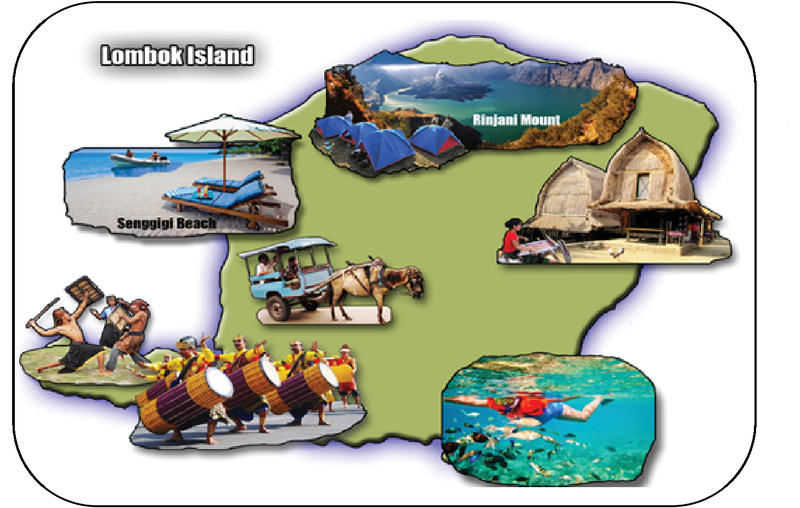Building Cultural Awareness and Critical Thinking Skills through Project-Based Task: A Workshop for Indonesian Context
DOI:
https://doi.org/10.18502/kss.v1i3.772Abstract
Facing the Third Millennium, any countries should prepare young generation with cultural awareness and critical thinking skills so as to survive in the global era. According to Scriven and Paul (2001), critical thinking is the intellectually disciplined process of actively and skillfully conceptualizing, applying, analyzing, synthesizing, and/or evaluating information generated by, observation, experience, reflection, reasoning, or communication, as a guide to belief and action. Whereas, cultural awareness refers to the foundation of communication involving the ability of standing back from ourselves and getting aware of our cultural values, beliefs and perceptions (Cunningham, 2013). These two conceptual insights can be appropriately practiced by pedagogically and professionally competent teachers through the language classroom activities, one of which is ‘project-based task’ which requires learners to think critically to complete cultural-based tasks, and at the same time appreciate the cultural norms. Therefore, the workshop is intended to equip participants with the practical knowledge and skills of building cultural awareness and critical thinking skills through the project-based task.
Keywords: Cultural Awareness, Critical Thinking Skills, Project-Based Task
References
B. S. Bloom, M. D. Engelhart, E. J. Furst, W. H. Hill, and D. R. Krathwohl, 1956. A Taxonomy for Learning, Teaching, and Assessing: A revision of Bloom’s Taxonomy of Educational Objectives. New York: Pearson, Allyn & Bacon, June 5, 1999, (Online) (www.nwlink.com/ donclark/hrd/bloom.html), accessed on May 6, 2016.
L. Cunningham, 2013. Multicultural Awareness Issues for Academic Advisors (2nd Edition). Nacada: The Global Community for Academic Advising. (Online), (https://www.nacada.ksu.edu/Resources/Clearinghouse/View- Articles/Multicultural-a84.aspx), accessed on May 8, 2016.
B. Fowler, 2001. Critical Thinking across the Curriculum Project. Bloom’s Taxonomy and Critical Thinking. Longview Community College. (Online), (http://www.mcckc.edu/longview/ctac/blooms.htm), accessed on May 5, 2016.
B. Fowler, 2013. Filosofi dan Implementasi Kurikulum 2013. Dokumen Negara. Jakarta: Kemdikbud.
B. Fowler, Decree of the Minister Education and Culture (Permendikbud), vol. 103, 2001.
S. E. Hovater, 2007. Developing Cultural Awareness: A GroundedTheory Study of Pre-Service Teachers’ Field Experiences in Taiwan. Lincoln: University of Nebraska. (Online), (http://digitalcommons.unl.edu/cehsdiss), accessed on May 6, 2016.
G. Hove, 2011. Developing Critical Thinking Skills in the High School English Classroom. A Research Paper. Wisconsin: University of Wisconsin-Stout.
D. Nunan, 2004. Task-Based Language Teaching. Cambridge: Cambridge University Press.
A. Puspitasari, M. Anugerahwati, and S. Rachmajanti, “Am I Pedagogically and Professionally Competent to Teach My Students in CLIL-Based Instruction? A paper presented at CamTESOL International Conference,” 2016.
M. Scriven and R. Paul, 1987. Critical Thinking Skills. the National Council for Excellence in Critical Thinking. (Online), (www.criticalthinking.org/pages/definingcritical- thinking), accessed on May 4, 2016.

